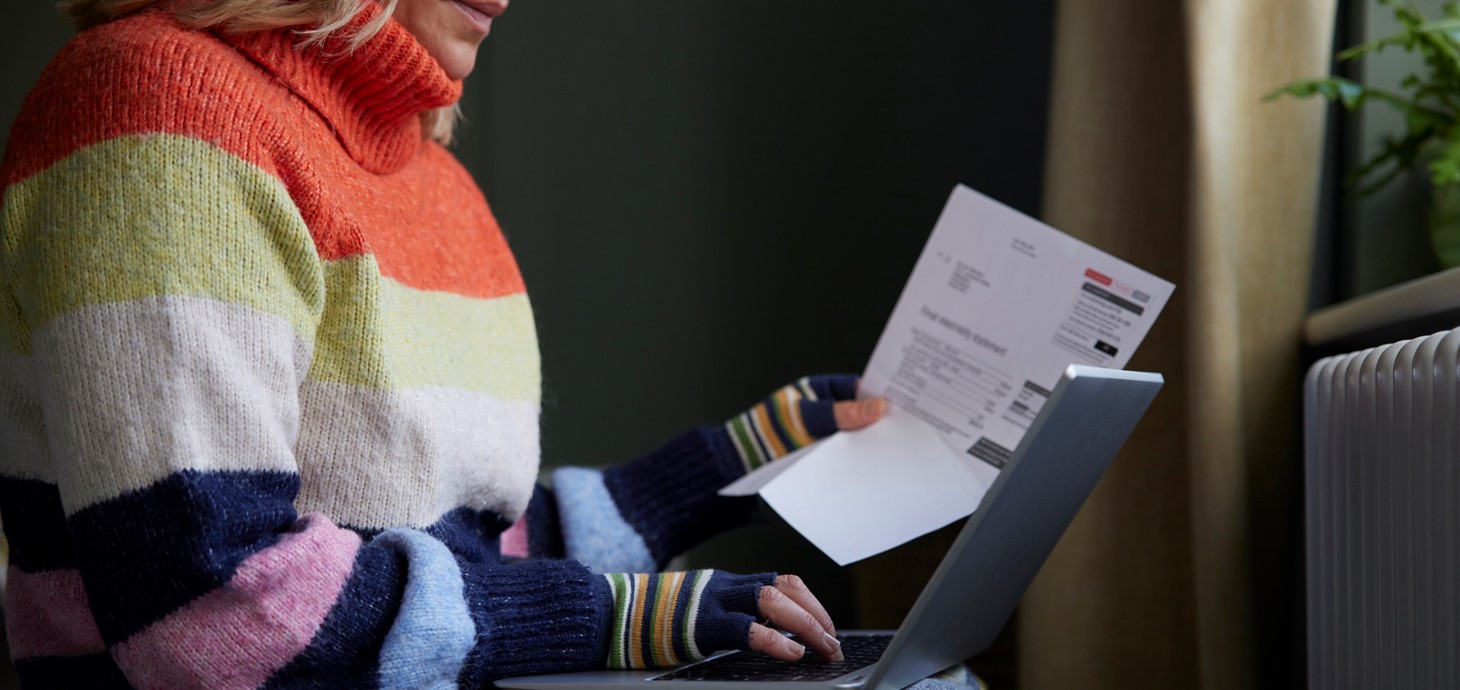
New research has found that the cost of living crisis is having significant impacts on people’s mental health and emotional wellbeing.
Researchers at Swansea University found that the crisis was leading to heightened anxiety and stress, with many, particularly those on low incomes, worried about the uncertainty of the future.
The study, by Dr Simon Williams and Dr Kimberly Dienes of Swansea University, explored people’s experiences of the cost of living crisis, how they felt it was affecting their mental and physical health, and what they were doing to cope with it. The study, published on PsyArXiv* looked at how the Covid-19 pandemic was affecting people’s experiences and views on the cost of living crisis.
The researchers have been following people’s experiences and wellbeing since March 2020 as part of Swansea University’s Public Views on the Coronavirus Pandemic study.
Dr Williams said: “Our study shows that many people are struggling with their mental health during the cost of living crisis. Anxiety and fear over the future is high, and likely to increase as the crisis deepens. Our study found that people are having to take drastic measures to ‘heat or eat’, for example, boiling a kettle and adding it to cold bath water to try and have a warm bath, or relying on foodbanks for food.
“The cost of living crisis is not is not an equal crisis. Those on low or insecure income or from deprived communities are experiencing more worry, higher levels of anxiety and the greatest dread over the future. As one participant put it: ‘What is this life? It's not living. It's like existence. It's not even existing’.”
The study also found:
- People on low or insecure (zero-hours) incomes or from deprived communities were the hardest hit, reporting the greatest levels of anxiety and worry, and fear of not being able to afford essentials.
- Those less affected themselves were worried about others, particularly vulnerable family or community members, and more were ‘keeping charity closer to home’ - for example donating money or food to people they knew rather than charities.
- People felt a “lack of control” over their lives and worried about an “uncertain” or “bleak” future. Some were experiencing a “learned helplessness”.
- The cost of living crisis was also impacting people’s physical health and health behaviours, with people reporting eating less healthy (fast) food or not being able to afford their usual groceries.
- For some, the Covid-19 pandemic was making the cost of living crisis harder, because they had already experienced two years of anxiety, stress and uncertainty.
- For others, the Covid-19 pandemic may have made people more prepared to cope with the cost of living crisis, either through the psychological resilience it had helped them build, or through the stronger communities and support groups that had formed during the pandemic.
The research involved online focus groups with study participants between 14-29 September 2022.
Dr Williams added: “Government and other authorities need to find ways to channel more resources and supports to those most socially and economically vulnerable because this will have knock on effects for health, and only serve to widen health inequalities.
“The fact we are going through a global pandemic has only made matters worse. People have been through two years of anxiety and sacrifice. Uncertainty is a key factor in anxiety and chronic stress related to financial worries can have significant impacts on mental and physical health over time.
“However, there is some cause for hope. Some people, although generally not those most vulnerable, reported how the experience of living through a pandemic had made them feel more ‘resilient’, and some planned to continue the healthy, cost-effective habits like home cooking or home workouts that they had taken up during Covid. Some felt as though communities had learned to pull together during the pandemic and could do so again for the cost of living crisis.”
*The report is published on PsyArXiv, a free preprint service for the psychological sciences. Preprints have not yet been certified by peer review and should not be used to guide clinical practice.
